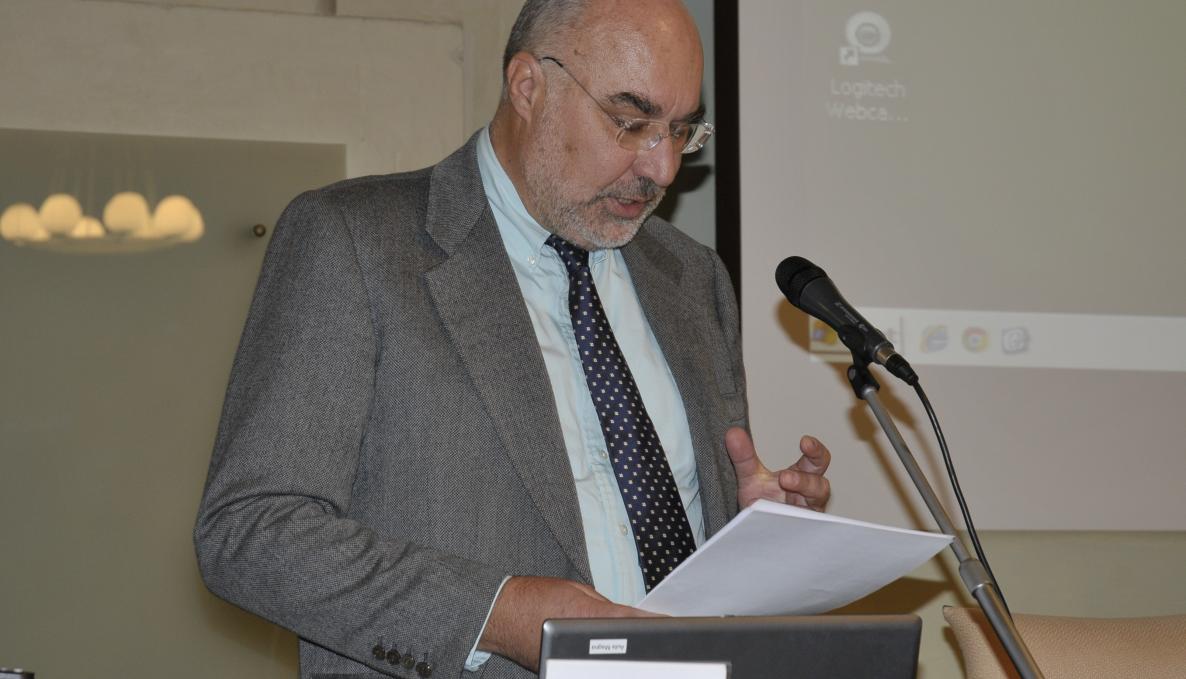“A BETTER CONSTITUTION”? EMANUELE ROSSI, VICE RECTOR OF SANT’ANNA SCHOOL IN PISA, PRESENTS HIS ESSAY ON MAY 2nd

"A better constitution? Contents and limits of the constitutional reform" essay just published by Emanuele Rossi, Vice Rector and Professor of Constitutional Law at Sant’Anna School of Advanced Studies Dirpolis Institute, edited by Pisa University Press, is scheduled to be presented at 4.30 pm on Monday, May 2nd in the Sala Regia of Pisa Town Council, promoted by ANPI, the national Association of Italian Partisans. Discussants include: Marco Filippeschi, Mayor of Pisa; Bruno Mighty, President ANPI Section of Pisa; Roberto Romboli, Director of the Department of Law of the University of Pisa; Elisabetta Catelani, Professor of Constitutional Law at the University of Pisa.
For more than thirty years the issue of constitutional reform has been one of the most controversial in public debate. Bicameral commissions, government committees, and institutional working groups have searched solutions for the proper functioning of our republican institutions. Today, as a result, only the Title V was reformed in 2001.
Parliament has now come one step from a reform that, in all likelihood, will be submitted to a popular referendum: the intent is to go beyond the equal bicameralism, to redefine the relationships between state and regions, to abolish the National Council for Economy and Labour ( CNEL) and the provinces, to change certain aspects of the constitutional text. It is a fairly wide reform (as many as 45 articles of the Constitution would be modified, one third of the total), which has caused mixed reactions, both among the general public, experts and scholars.
The essay by Emanuele Rossi tries to explain, with a simple but rigorous language, the contents of the reform, analyzing strengths and weaknesses, appropriate choices and mistakes. The goal is to help people decide, one way or another, when asked to vote in the referendum. Since we are required to vote, beyond the contingent political theories, as “governments change, Constitution remains constant”.



